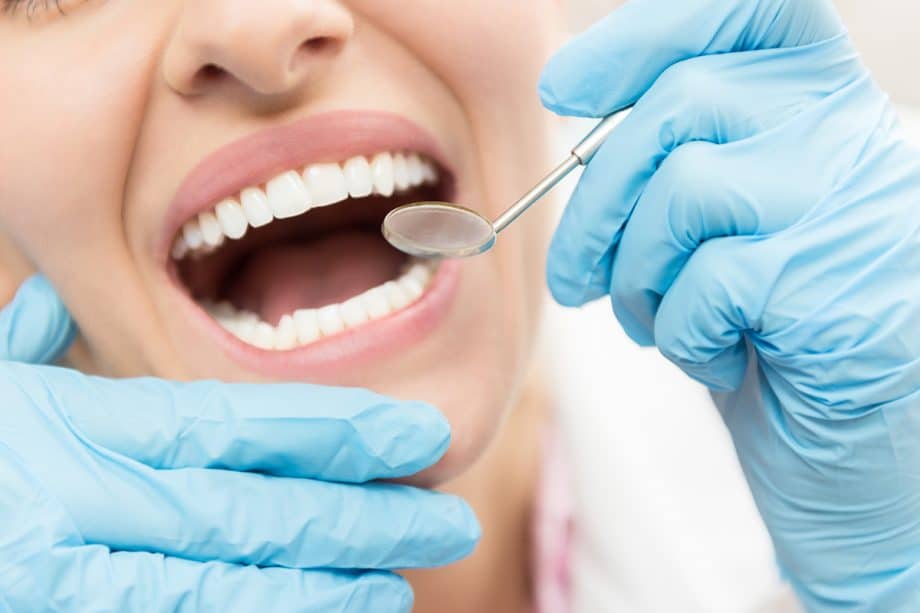A tooth extraction is a simple and quick procedure that should take no longer than 40 minutes. If you have more than one tooth that needs extraction or if you have an impacted tooth, your appointment may be longer.
Reasons to Extract Teeth
Dentists do all they can to preserve your natural teeth, but in some cases, they must perform an extraction. Tooth extractions may be necessary when your tooth has decayed or broken beyond the point where the dentist can repair it with a filling or crown.
Other reasons for tooth extraction include crowded teeth and severe gum disease. A tooth that has twisted or is partially knocked out (luxation) may also need extraction.
The Tooth Extraction Process
First, the dentist numbs the tooth and the area around it with a local anesthetic. The dentist gently loosens the tooth with a unique instrument, then removes it. In some instances, the dentist may need to open the gum to access the tooth, especially if it has broken or decayed below the gum line.
After the tooth extraction, you will bite down on gauze to help stop the bleeding by applying pressure. You may need stitches. These may need removal later, or they may be dissolvable.
Most patients tolerate simple tooth extractions well, but in cases where the tooth is impacted or if the patient feels anxiety about the procedure, we offer sedation options.
Recovery from Tooth Extraction
The dentist will ask you to gently bite down on gauze until the bleeding has slowed. Your tooth may continue to bleed lightly for about 24 hours. Rest quietly after your surgery, and do not go back to work or vigorous activities until the next day.
Most people feel back to normal in just a few days, but you may have facial swelling, bleeding, and soreness. Follow our post-operative instructions to care for yourself at home.
The Importance of Replacing Teeth
After your extraction, ensure that you plan to replace your tooth with a bridge, implant, or denture. If you leave a space in your mouth, your teeth will shift and could cause bite problems. Shifting teeth can also lead to more decay and gum disease.
In addition to causing your teeth to drift, a gap in your teeth can cause the jawbone to break down at the extraction site. The longer you go without replacing the tooth, the more jawbone loss you will experience. You may need a bone graft to receive a dental implant.
Call Jacobs & Thatcher
If you have a problem tooth, call our office at 813-634-1932 to schedule an appointment for an evaluation. The dentist can check your tooth and let you know whether they recommend extraction or another treatment plan.

